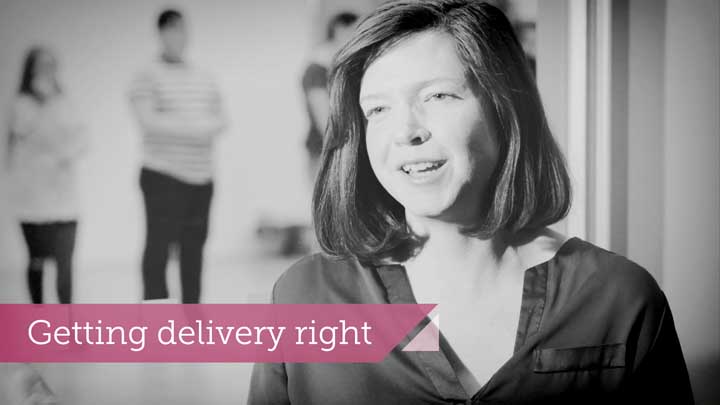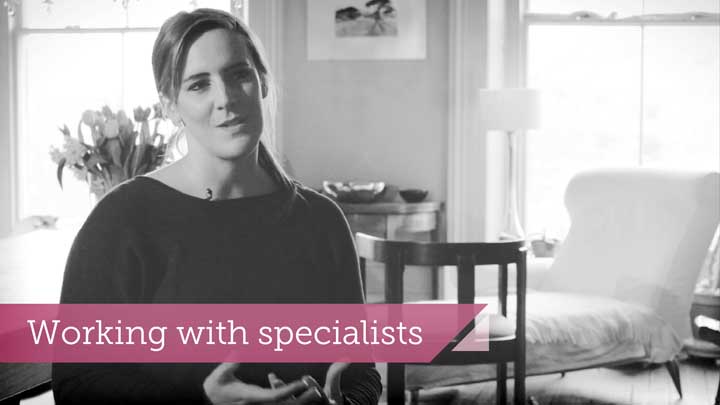Keep your eye on the nuts and bolts

In the enthusiasm of delivering a creative service, it's easy to gloss over the basics. What does the contract say you will deliver? And how must you monitor outputs? There will be some pressure to deliver in a timescale and you will need to ensure you have the resources to do so. To mitigate risks you could do some scenario planning or produce a risk assessment plan at this stage.
The timescales might mean that planning overlaps with delivery in a way that is not ideal - this is where getting organised before the bidding and delivery stages will help you.
Cash flow might impact delivery too. Pay careful attention to payment schedules and any links to reporting. Be clear that you understand how much it will really cost you to deliver.
Focus on customer service, quality and impact
Keep communities centre stage at all times. Arts and culture do this really well and this is the opportunity for communities to benefit and for commissioners to recognise the value of your work.
Commissioners are likely to want on going evidence of quality and impact.
Arts Council England's Quality Principles for young people highlight the importance of authenticity, high quality practice and working with your communities to co-produce.This is just as true of other groups as it is of young people.

Showing impact could be through 'leading' or 'lagging' indicators. For example, young people taking up Arts Award is a leading indicator of positive changes in their lives, whereas achieving those awards or developing leadership skills comes later.
To ensure there is long-term impact, you might want to partner with existing projects or be able to signpost participants to allow for progression. Agreeing to share evidence will need careful planning and appropriate protocols around things like data protection, but will help both of you maximise resources and improve local delivery. You will need to be clear about how you attribute impact to your project when sharing evidence for evaluation.
The workforce are 'customers' too
Cultural organisations are operating in two “markets” - both a delivery market and a labour market. Getting delivery right should be for staff and partners, as well as for commissioners and communities.
If you are delivering a wellbeing project, it is particularly ironic when your teams are over-stretched or out of their depth. Make sure of the team's own wellbeing, ensure you are up to speed on safeguarding and you might also want 'supervision' or mentoring for practitioners.

Playing to your strengths within the partnership should help things to work smoothly but recognising weaknesses in your team is important too.
The same also goes for commissioners. New skills may be needed in commissioners' teams, and it's not unlikely that culture change is needed on both 'sides'.
The more you talk the better because getting to know each other will help you to be flexible and enable discussions to address any issues as they arise.


